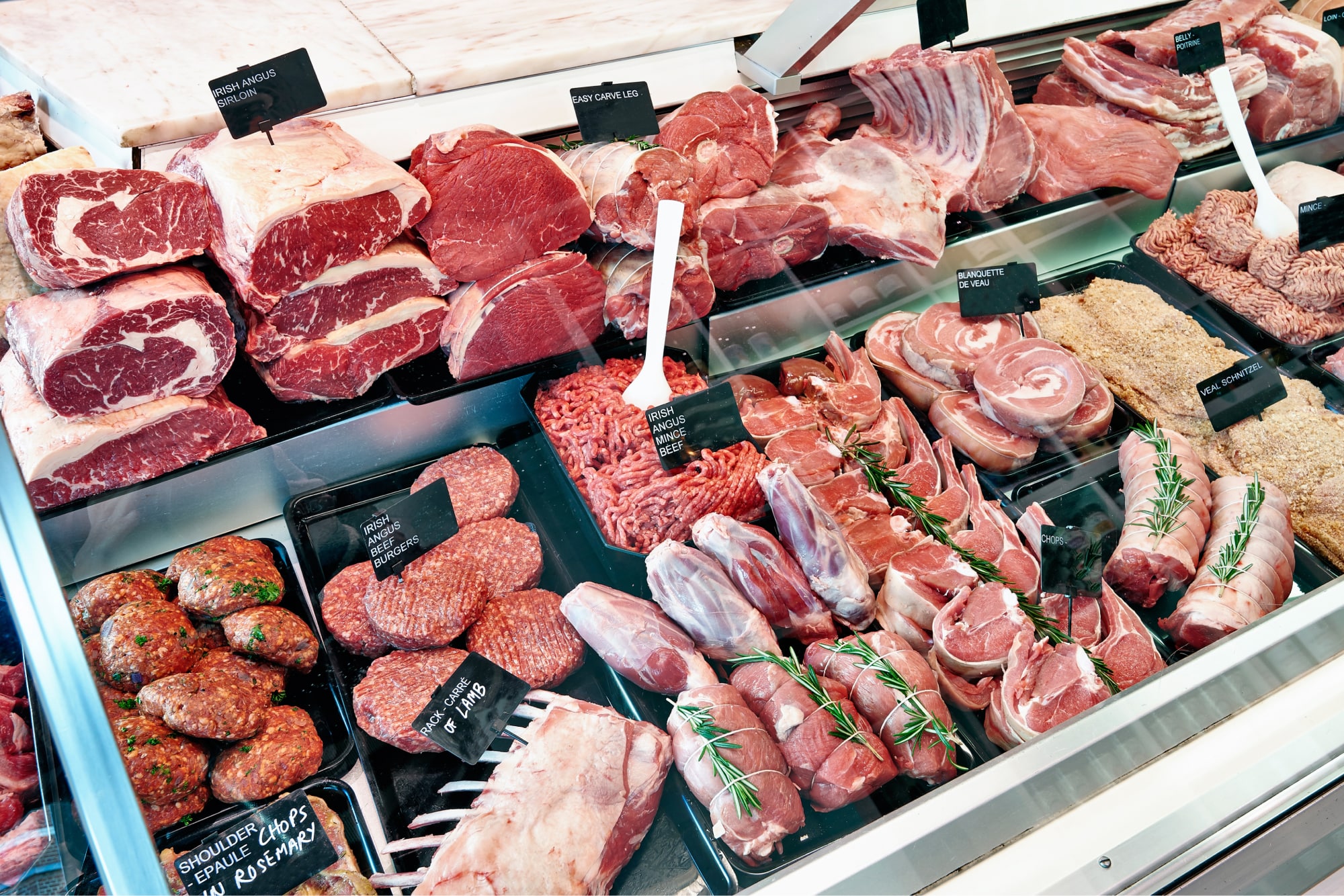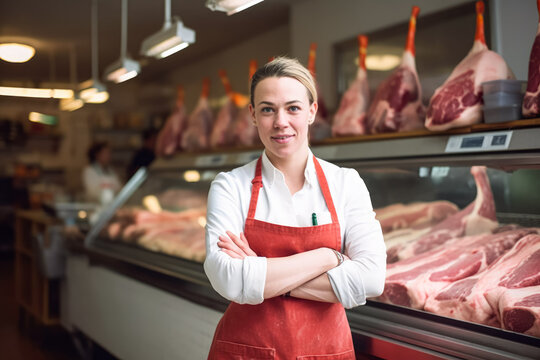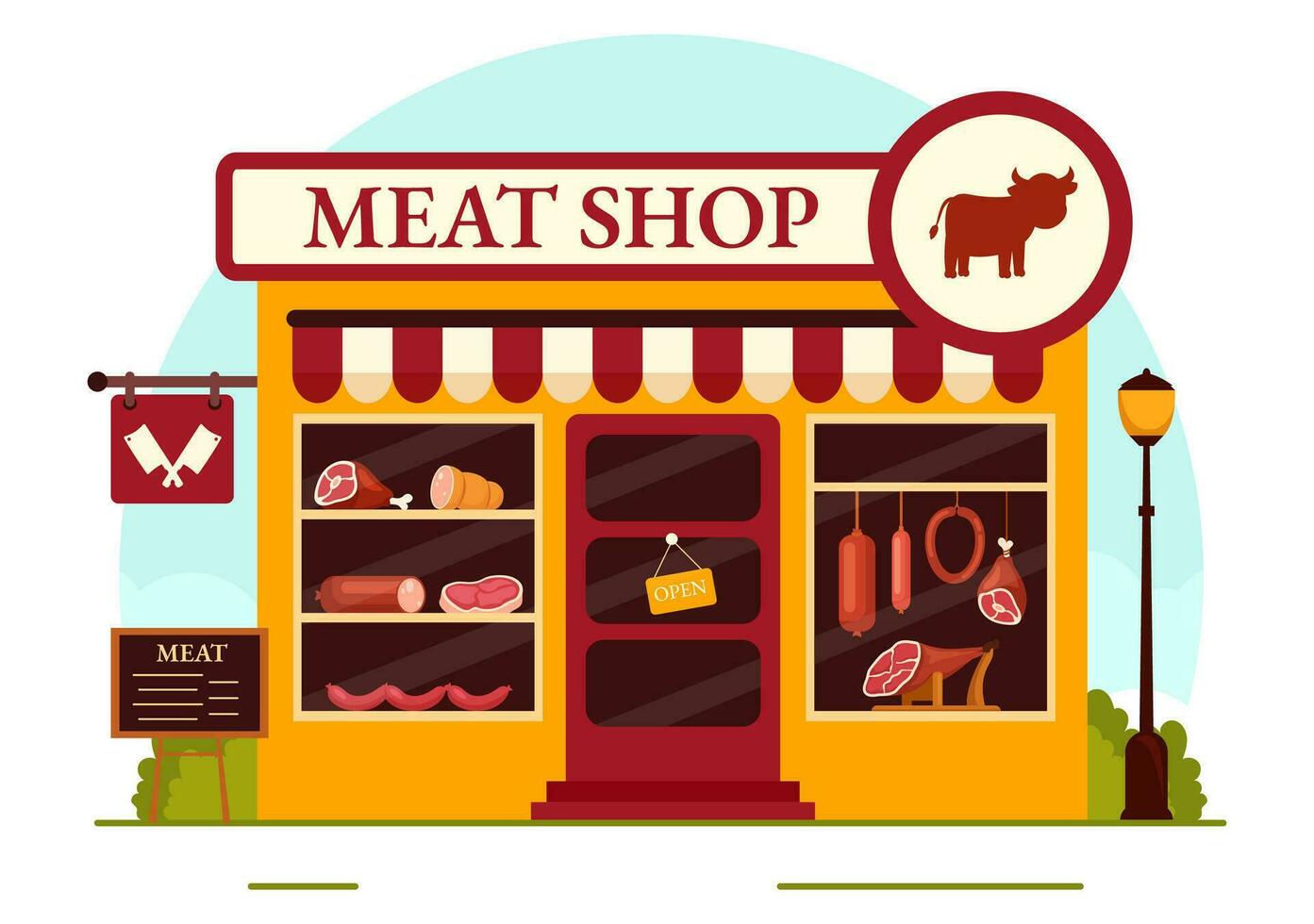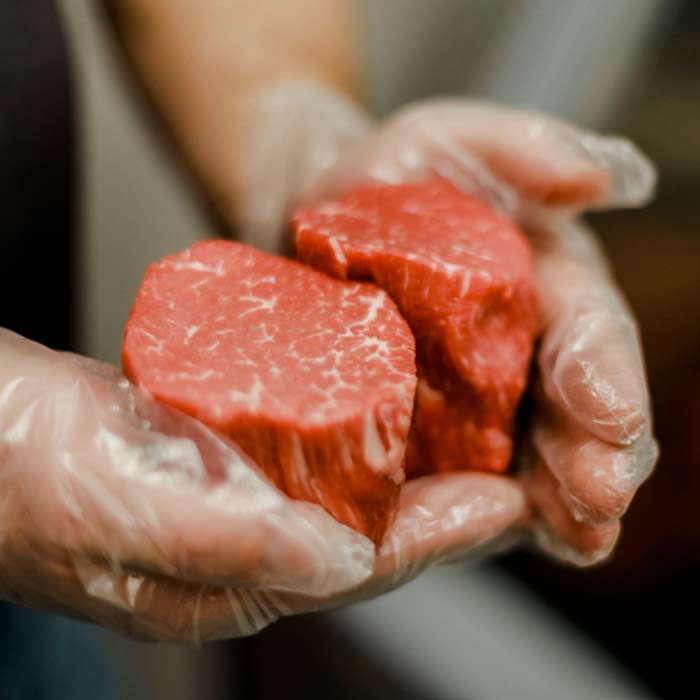From Ranch to Table: Bagley Farms Meat Market Provides Unrivaled High Quality and Taste
From Ranch to Table: Welcoming the Practice of Meat Markets and Butcheries
In an era dominated by convenience and automation, there exists a peaceful change happening in the culinary globe - a return to the roots of food sourcing through the tradition of meat markets and butcheries. These facilities, typically ignored in the shadow of supermarkets, are experiencing a renewal as critical consumers look for top quality, traceability, and a link to the beginnings of their food. What is driving this shift back to the ways of old? The answer lies in the intersection of heritage practices, moral considerations, and a wish for a more authentic gastronomic experience.
The Renewal of Meat Markets
The renewal of meat markets throughout different areas suggests a shift towards a renewed recognition for locally sourced, quality meats. Recently, customers have become extra mindful of the beginnings of their food, leading to a growing need for transparency and sustainability in the meat sector. This trend has actually led the way for the resurgence of standard meat markets and butcheries, where consumers can directly interact with experienced butchers and source their meat from nearby ranches.
One of the essential driving factors behind this revival is the desire for better and fresher items. By purchasing meat from regional markets, consumers can make sure that they are getting fresh cuts that have actually not traveled cross countries or been resting in storage for extensive periods. Additionally, sustaining regional meat markets aids reinforce the regional economy and advertises community connections.
Moreover, the revival of meat markets straightens with the broader activity in the direction of supporting small-scale farmers and lasting agricultural methods. By picking to purchase from these facilities, consumers are not just improving high quality meat yet also adding to an extra eco-friendly and ethical food system.
Workmanship in Butcheries
With the revival of meat markets highlighting top quality and sustainability, the emphasis shifts towards acknowledging the complex workmanship presented in contemporary butcheries. Workmanship in butcheries surpasses just reducing meat; it personifies an ingrained tradition of expertise and accuracy in taking care of different cuts of meat - Bagley Farms Meat Market. Butchers, typically educated for many years, possess a wealth of knowledge on the composition of pets, blade abilities, and the art of damaging down carcasses successfully
In modern-day butcheries, workmanship appears in the way butchers thoroughly source their meat, ensuring high standards of top quality and honest methods. They take satisfaction in comprehending the provenance of the meat they offer, working carefully with local farmers and distributors to provide clients full transparency and traceability.

In Your Area Sourced Meat Top Quality
Amidst the growing rate of interest in sustainable techniques, a focus on in your area sourced meat high quality has come to be progressively prominent in the meat market sector. Consumers are progressively seeking openness in the sourcing and manufacturing of their meat, causing a surge sought after for locally increased and refined meats.
Locally sourced meat supplies various benefits, including fresher items, support for regional farmers, and reduced ecological influence because of lowered transportation ranges. By purchasing meat from close-by ranches and butcheries, consumers can have much more self-confidence in the top quality and security of the items they are buying.
Moreover, in your area sourced meat frequently originates from pets that have been elevated in much more gentle problems, with a concentrate on animal well-being and lasting farming practices. This honest strategy to meat production resonates with lots of customers that are concerned about the origins of their food and its effect on the setting.
Farm-to-Table Shopping Experience
In the realm of locally sourced meat high quality, the farm-to-table purchasing experience offers consumers a direct connection to the origins of their food. This special purchasing experience allows consumers to map the journey of their meat, from the ranch where the pets were elevated to the table where it will be appreciated. By engaging in farm-to-table buying, individuals can gain a much deeper understanding of the farming techniques, animal welfare criteria, and sustainability efforts associated with producing their meat.

Practice Fulfills Modern Society


The merging of traditional meat markets and butcheries with contemporary culture offers an one-of-a-kind possibility for the preservation of artisanal methods in a modern context. While modern-day improvements have actually changed various industries, the significance of conventional meat markets and butcheries remains deeply rooted in history and craftsmanship. This mix of tradition and modernity enables the continuation of classic methods while adapting to the requirements and choices these days's consumers.
In today's busy world, where benefit commonly defeats top quality, Click This Link there is a growing appreciation for the heritage and authenticity that standard meat markets and butcheries provide. Customers are significantly seeking openness in the sourcing and manufacturing of their food, leading them back to the individualized service and proficiency found in these facilities. In addition, the emphasis on sustainability and ethical techniques straightens with the values promoted by many conventional meat markets and butcheries, fostering a sense of neighborhood and duty in the direction of the setting.
As society remains to progress, the coalescence of practice and modernity in meat markets and butcheries not just makes sure the conservation of artisanal methods but likewise improves the cooking find out here landscape with a blend of heritage and technology.
Final Thought
In conclusion, the tradition of meat markets and butcheries is experiencing a resurgence in modern culture. These facilities supply locally sourced meat of high quality, providing a farm-to-table purchasing experience for consumers.
In an age controlled by convenience and mass production, there exists a silent change taking area in the cooking globe - a return to the roots of food sourcing with the custom of meat markets and butcheries.The revival of meat markets across different communities indicates a change in the direction of a renewed appreciation for locally sourced, top quality meats.With the renewal of meat markets highlighting high quality and sustainability, the focus shifts in the direction of recognizing the complex workmanship showed in modern-day butcheries. Craftsmanship in butcheries goes beyond simply cutting meat; it personifies a deep-rooted tradition of know-how and precision in dealing with various cuts of meat.In today's fast-paced globe, where comfort usually overtakes high quality, there is a growing appreciation for the heritage and authenticity that typical meat markets and butcheries use.